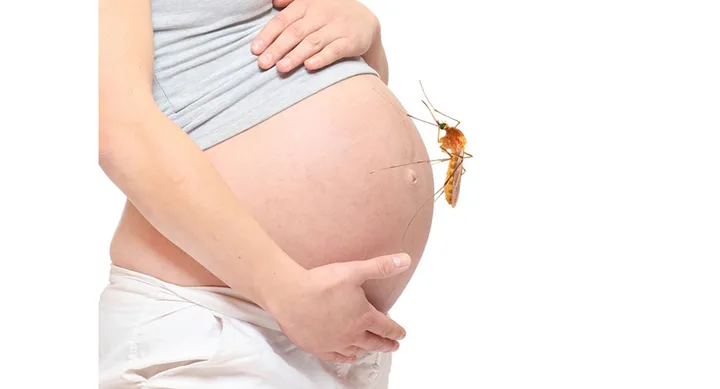With the countdown to the Rio Olympics well and truly underway, a group of doctors, scientist and researchers have written an open letter to the World Health organization (WHO) urging them to move or delay the games due to the threat of the Zika Virus.
“An unnecessary risk is posed when 500,000 foreign tourists from all countries attend the Games, potentially acquire that strain, and return home to places where it can become endemic,” reads the letter which was signed by the experts who hailed from the United States, Britain, Australia, Canada, Norway, the Philippines, Japan, Brazil and South Africa.
“Should that happen to poor, as-yet unaffected places (e.g., most of South Asia and Africa) the suffering can be great.”
The letter described the situation as “irresponsible” and “unethical,” with Rio being the second most affected city in Brazil by the Zika crisis.
“My feeling is that it’s unlikely at this stage that this will happen … but if that’s true, Australia should take steps to make sure that Zika virus introduction here is either prevented or the harm is minimised when it actually gets here,” Charles Watson, a professor of health sciences at Curtin University tells ABC.
“I think we’ve got a lot of work to do in Australia.”
“A single person actually caused the epidemic that’s happening [in Brazil] now,” he added. “Putting 500,000 people in there and then giving them a chance to get infected, sending them all home to their other countries is just an unimaginably risky thing to tolerate.
“At a minimum, they should screen all people coming back from Brazil after the period of the Games and make sure they’re given the right advice.”
The Australian Olympic Committee have committed to providing athletes with ‘Zika-proof’ condoms (on top of the 350,000 male and 100,000 female condoms already on offer in the athletes village) and have stated that at this stage they will not be enforcing mandatory blood testing upon return to Australia.
Female athletes have been warned of the risks of the virus, and women who are pregnant, or planning to be, are being urged to take extra precautions.
“All females of child-bearing age need to be aware of the specific risks of microcephaly in newborns, should the mother become infected during pregnancy,” David Hughes, the Australian team’s medical director tells The Telegraph.
“Following the recently updated guidelines, any team members who are pregnant at the time of the Games need to consider the risks very carefully before deciding whether to proceed with travel to Brazil.”
Source: ABC










